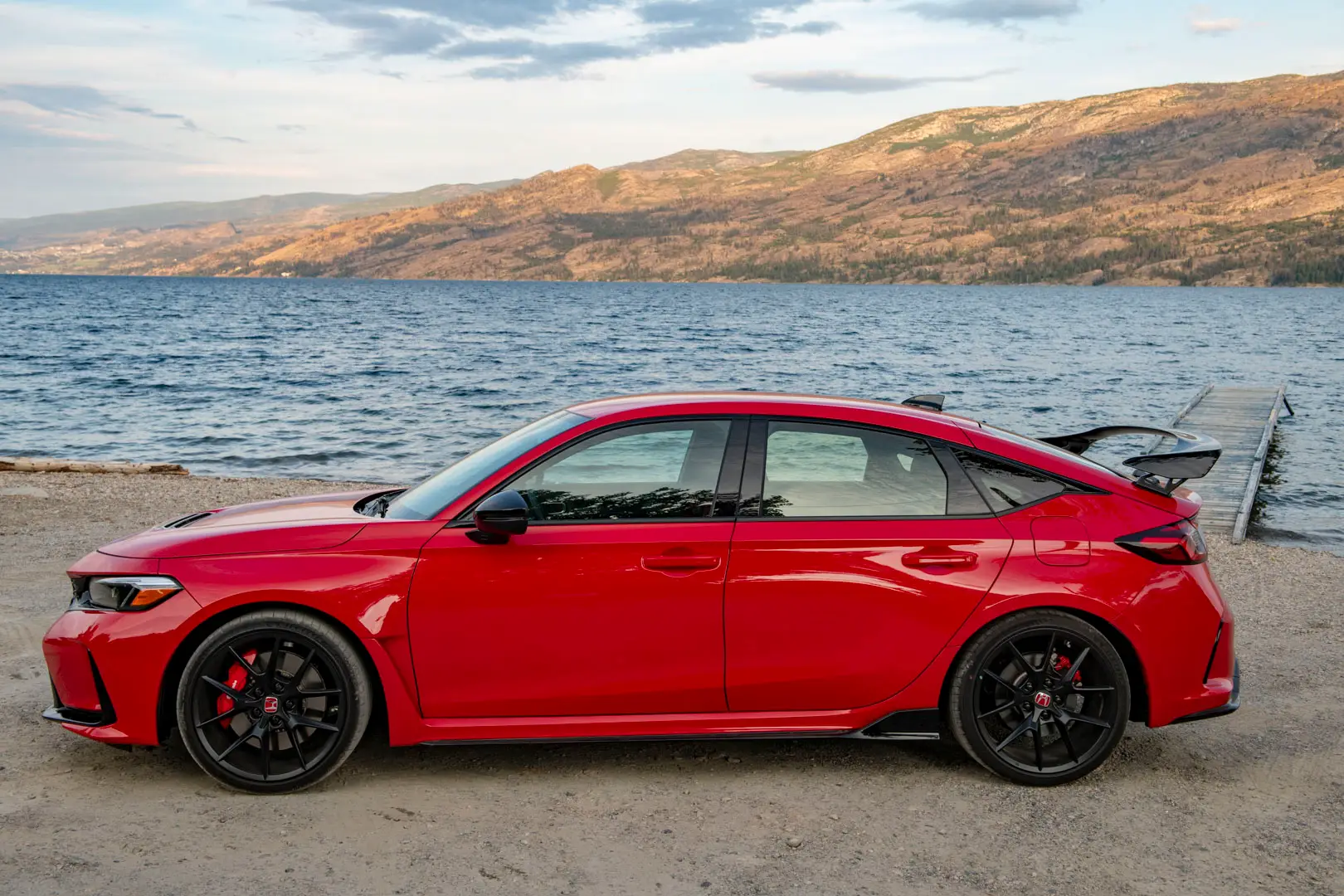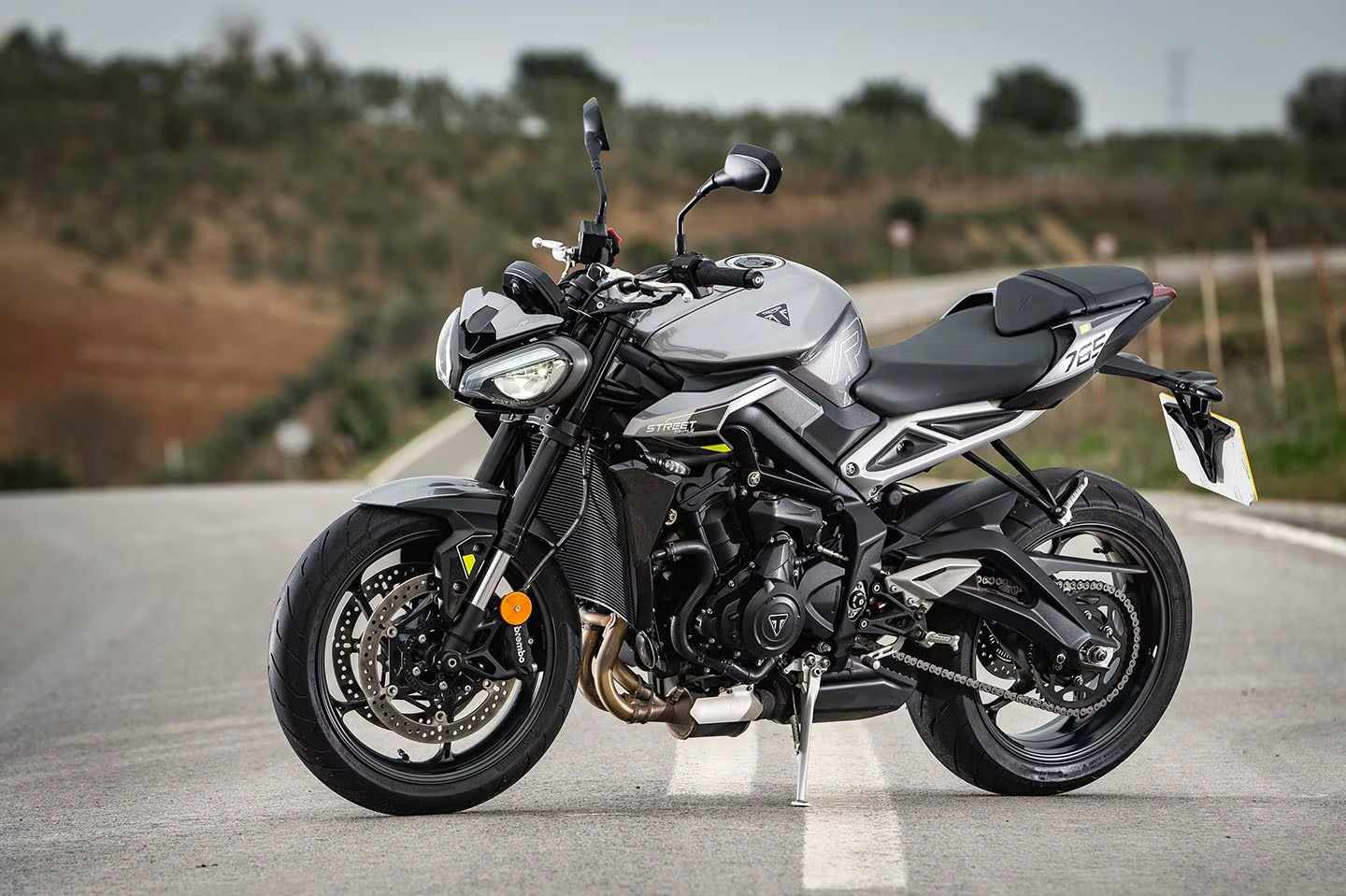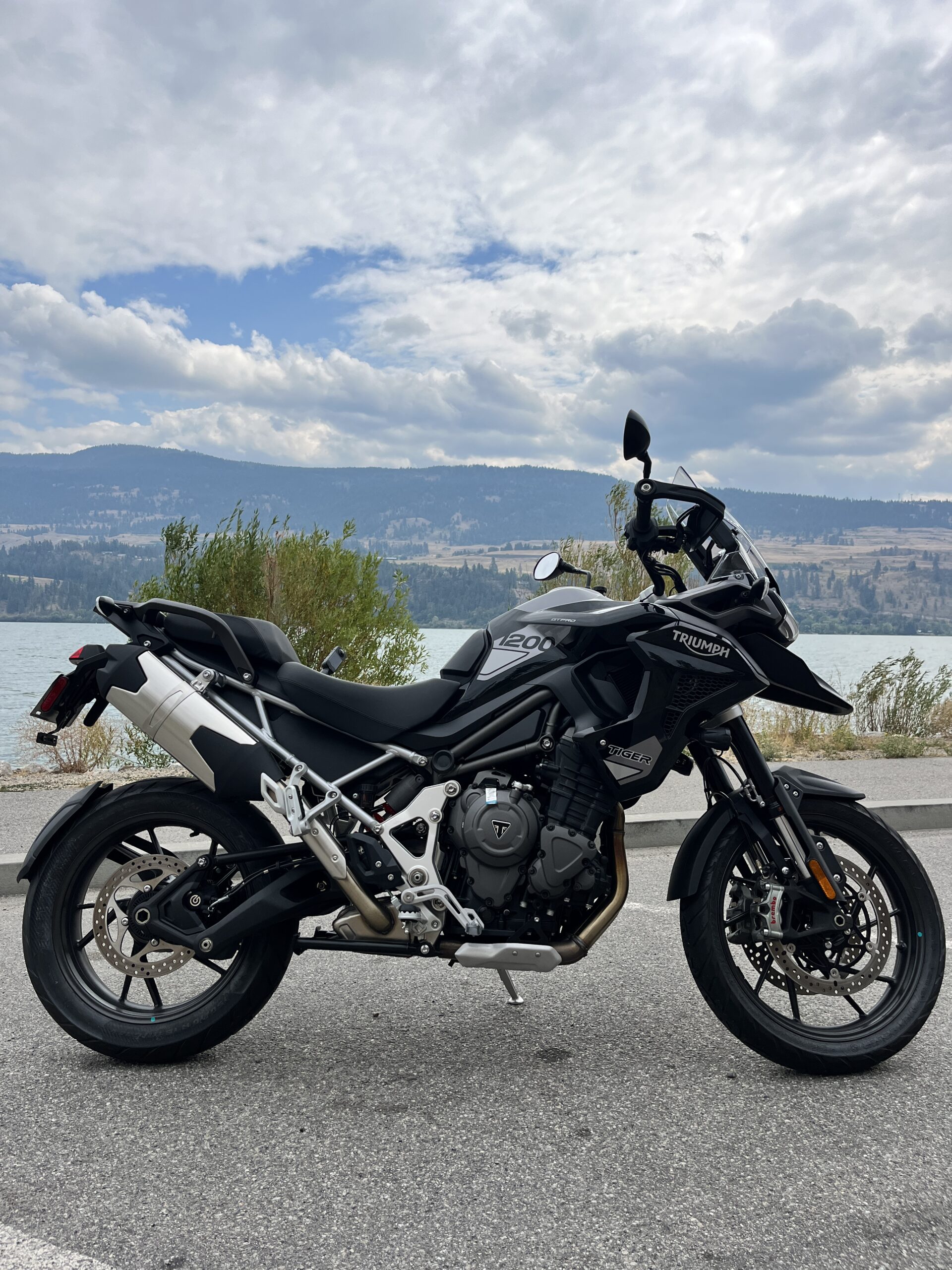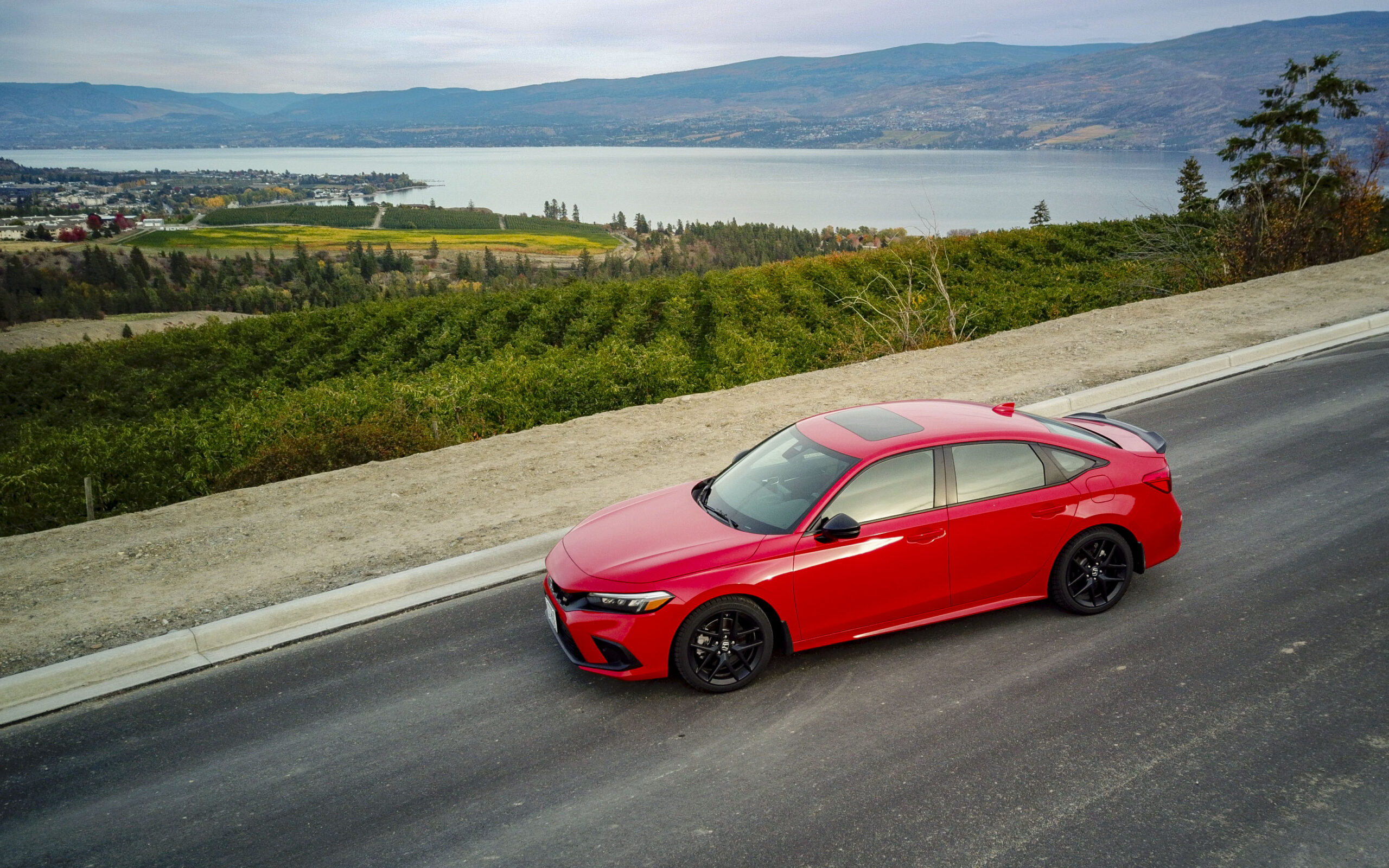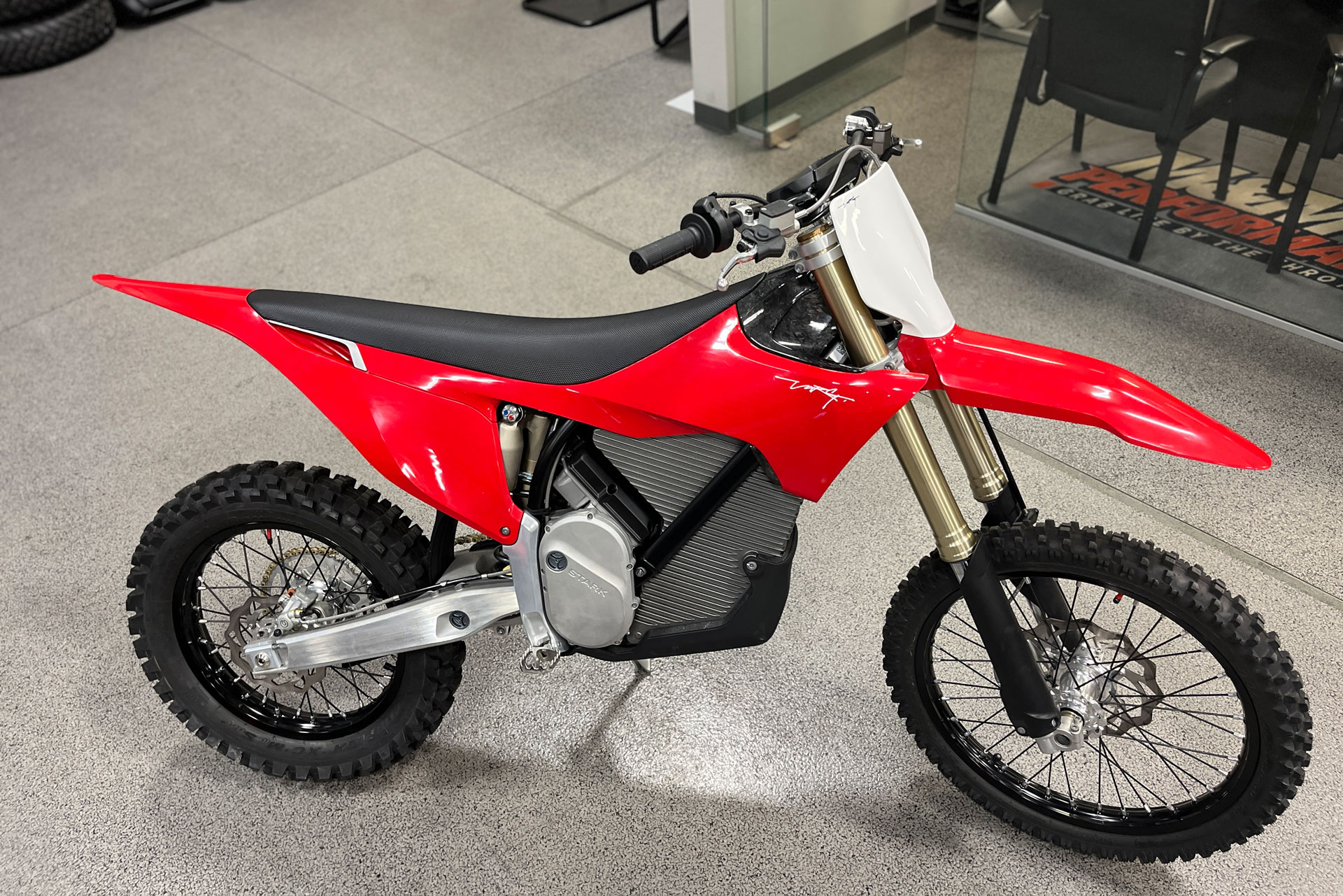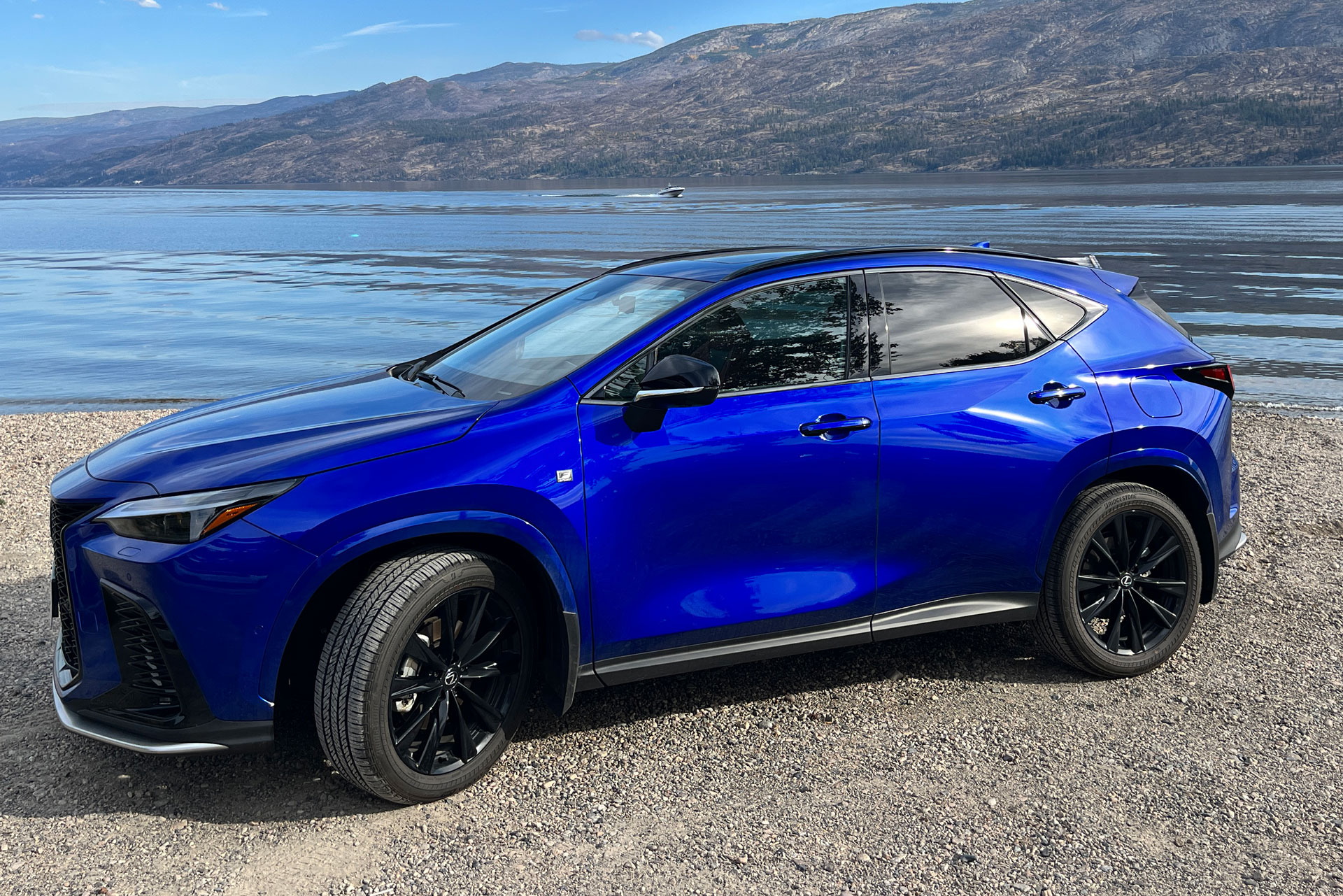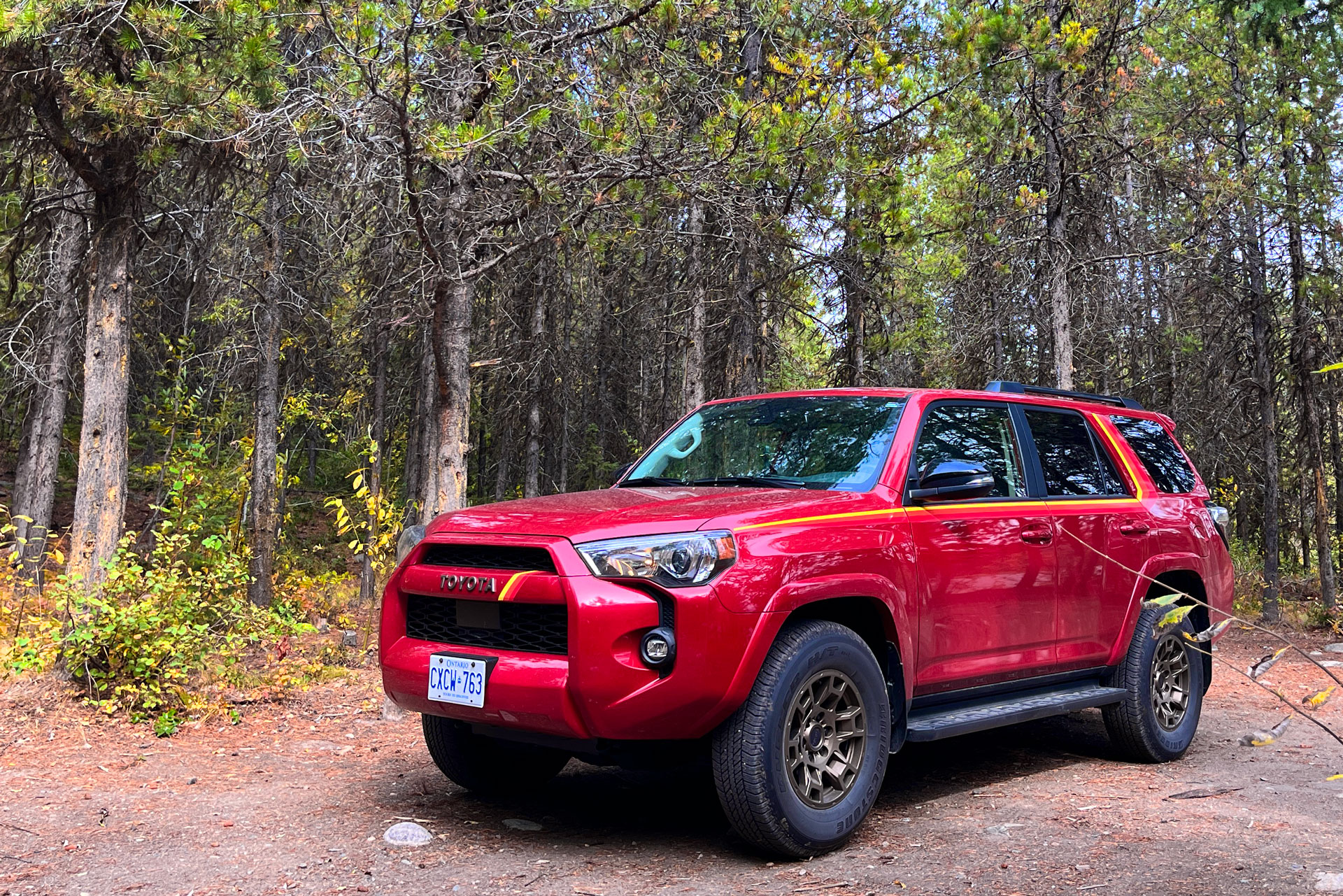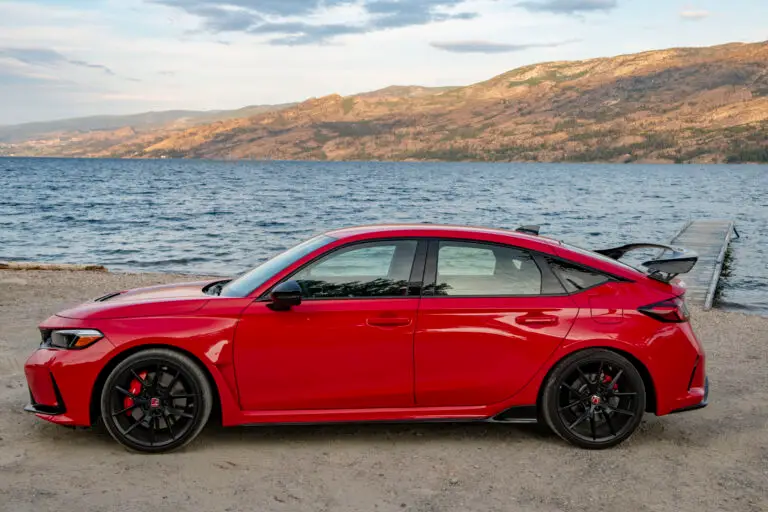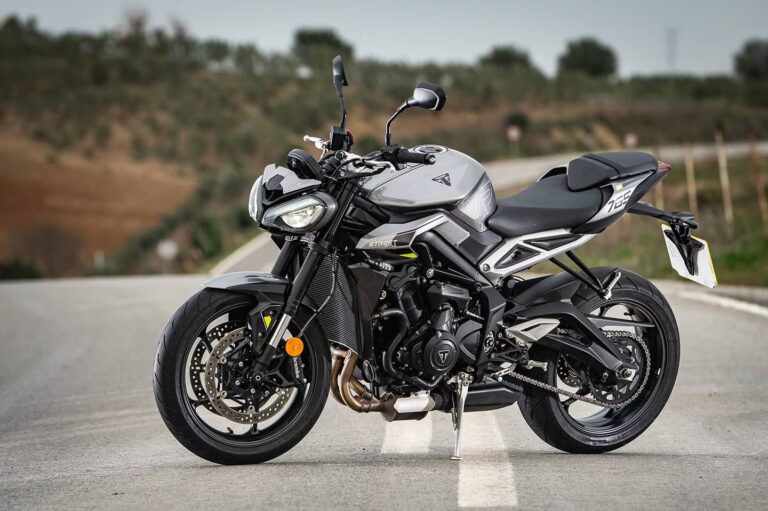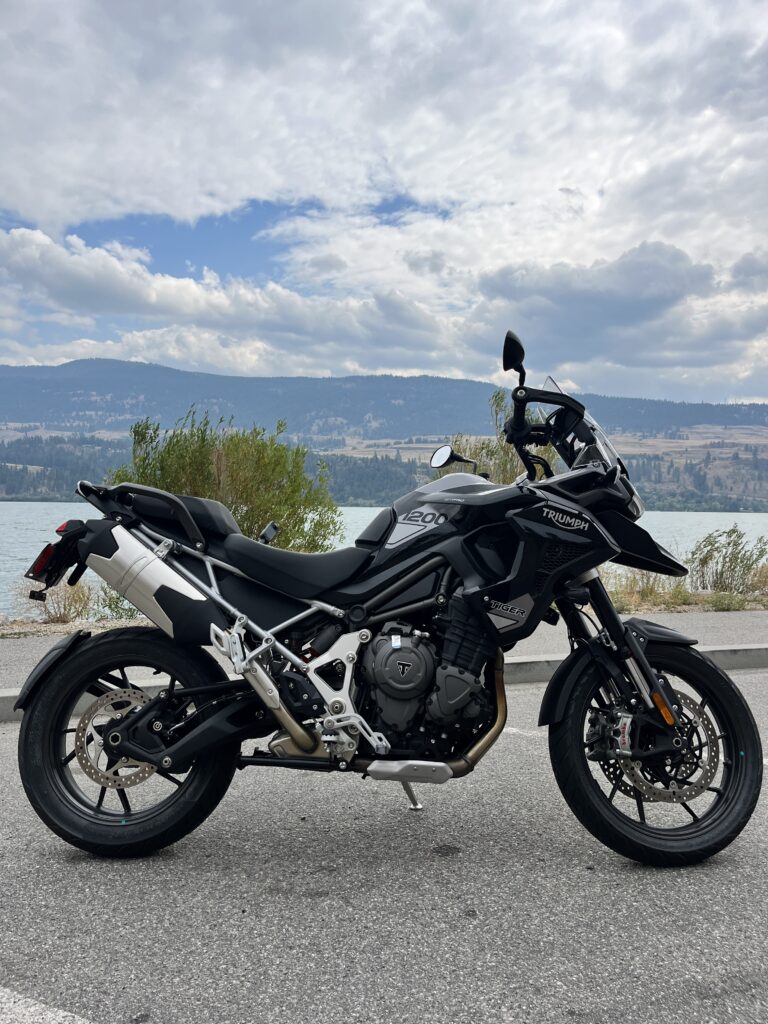By Marissa Baecker

The International Six Days Enduro (ISDE) competition has announced the 2012 participants qualified to compete in September in Saxony, Germany. Of the 34 countries announced to compete, Canada offers two teams made up of two British Columbians, three Albertan’s and one Quebecer. Three ladies make one of seven Women’s World Trophy Teams with two previous competitors and three men complete one of 134 Club Teams which includes one Vancouver Island father looking forward to the blood, sweat and gears.
Riders around the globe anxiously awaited the February 28 announcement but for Powell River engineer, Brad Winchell, the good news is bittersweet.
“I have two little kids and another one on the way,” chuckles Winchell during a phone interview, “so unfortunately, the timing doesn’t work out that great as I will have a six-week old baby by the time I go to Germany.”
Despite the timing, Winchell has the full support of his family as the ISDE was first discovered by the he and his wife while on vacation in New Zealand in 2006.
“The ISDE was actually in New Zealand that year so my wife and I volunteered as part of the race organization crew,” adds Winchell. “I’ve seen it first hand and that is really what got me hooked.”
Even though this is the first time Winchell will compete, he is confident that he is in good company. The men’s club team rounds out with Calgary resident, Mark Dzikowski and Patrick Tremblay of Quebec – all three strangers to one another.
“I only found out I was on a team two days ago and today I got emails from the other guys. It sounds like we are a good fit for each other,” continues Winchell. “We’re all in our mid-thirties, one of the guys has kids, and we are all of the same category.”
 Even though the ISDE is considered the Olympics of enduro riding, the financial support that backs these athletes is far from Olympic proportions. Each rider funds their own way and stringent rules require each rider bring a support person, plus that support person must have their own vehicle for the duration of the event. The club teams are usually made up of intermediate riders while the trophy teams are the riders who compete on the pro circuit throughout the year.
Even though the ISDE is considered the Olympics of enduro riding, the financial support that backs these athletes is far from Olympic proportions. Each rider funds their own way and stringent rules require each rider bring a support person, plus that support person must have their own vehicle for the duration of the event. The club teams are usually made up of intermediate riders while the trophy teams are the riders who compete on the pro circuit throughout the year.
ISDE entrance fee is $825, add insurance at $304, licence fees of approximately $265, accommodations for two weeks based on $90 per day for a total of $1,260, airfare around $1,500 and bike rental at approximately $2,500 and then car rental for your support person and you haven’t even had a meal or factored in fuel, spare parts and gear let alone any training costs throughout the year and competition entries to stay on top of your game.
Riders do have the option to bring their own bikes but the cost is often more expensive as well as leaving a rider without any means of training for weeks or even months before the event. With the six Canadian participants living across the country, shipping all the bikes together in one container isn’t an option. Winchell will be forced to rent.
Fundraising for an event such as this is crucial. The women’s team has been fundraising for their 2012 bid ever since their first competition in Mexico in 2010. The ladies sat out the Finland 2011 competition due to expenses but vowed that they would be back in 2012 and with the recent announcement, they are.
The only Canadian woman to ever complete the ISDE was Vernon’s, Victoria Hett in 2010 but feels she still has something to prove, despite competing with Montezuma’s revenge for 5 days straight, she feels somewhat cheated as the 2010 competition was called after day 5 due to drug lord violence in Morellia. 2010 teammate Almeda Rive of Cochrane, Alberta was injured during competition in Mexico but has plans to go for the gold in Saxony together with newcomer, Amber Giroux of Alberta.
While the ladies may be familiar with one another, the men are becoming acquainted via e-mail and social networking applications like Facebook and Skype.
“It’s going to be part of the experience,” says Winchell. “Getting to know that group. I have raced against Victoria but it will be part of the adventure getting to know the team.”
To be eligible for a trophy team your must be a pro rider and compete all year and reach a certain amount of points to qualify for application. As a club team applicant, you compete in an intermediate class throughout the season.
“The ultimate goal for me is am I fast enough to finish each day on time,” says Winchell. “The race [ISDE] is won and lost in what I would consider sprint type timed sections. You could ride your bike for 7 hours and cover 600 km but you are only timed for six separate sprint type sections.”
“There is really no format like that in North America,” continues Winchell. “The Europeans have always had a huge advantage because they race that way but in North America, we have Hare Scrambles, Cross Country, Desert, work style races that last three hours.”
The Canadian Enduro Championships run the same format as the ISDE so Winchell has been competing in this category for the last two years trying to get used to the format before even applying to the ISDE which demands riders perform for about 7 hours each day on their bikes.
As far as physical preparations go, Winchell laughs recalling the advice given to him to be in the best shape of his life.
“I am planning to do some cross training, lots of riding, I am doing the Tour de Victoria (road bike) this year, race in as many events as I can, I have hired a trainer through my local workout spot here in town and I’m trying to put a little science behind it as well.”
Winchell admits his goals are somewhat high and that his biggest challenge will be to find the preparation time between work and family commitments. As far as sponsorship support goes, Winchell admits the men are working at securing a plan but for now, Winchell is grateful to Gas Gas Pacific – Spanish endure bikes – who also support women’s team member Victoria Hett.

